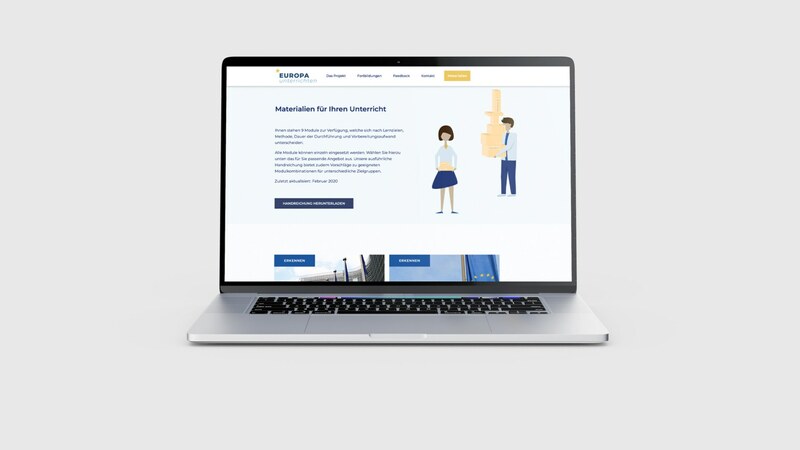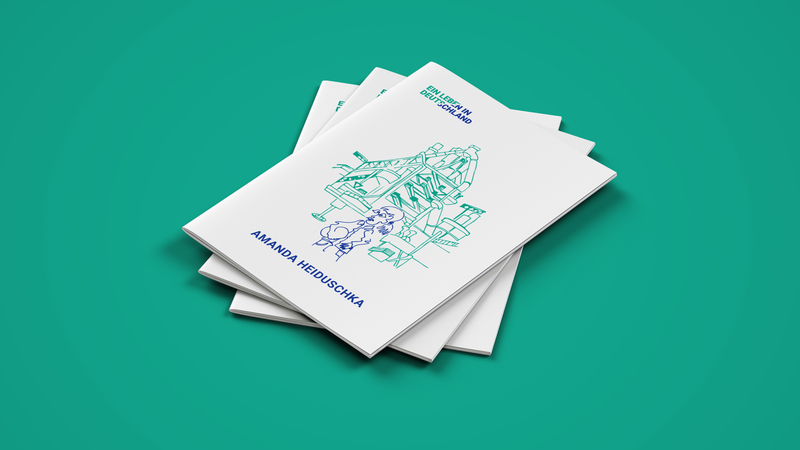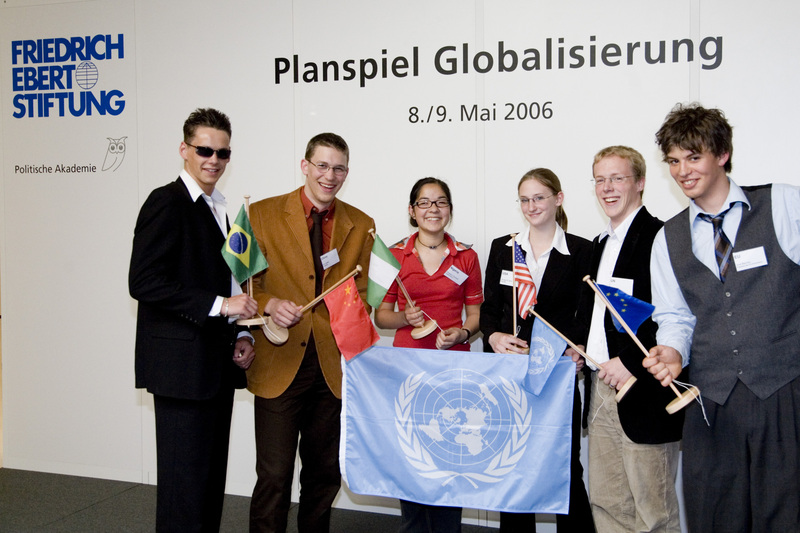By the way: We would also be happy to develop a modular workshop offer for your topic!
Similar Projects

Interactive educational modules, Serious games, Simulation games
"Post It!"
An escape game that sends participants on a time travel to 1943, 1986 and 2021 to explore the history of freedom of expression and dissent in different times. And a second module for elementary school.

Interactive educational modules
Simple ideas for living together in solidarity?
It all started with the video simulation game "The Usual Suspects", which was developed as part of a cooperation with the Respect Coaches programme, funded by the federal government.

Interactive educational modules
#GetinvolvedEU - planpolitik for Presidency
In the second half of 2020, Germany held the EU Council Presidency for the first time in 13 years. This came with the honour of holding informal Council of Ministers meetings on a wide range...

Interactive educational modules
“Gedenkanstoß” (literally: “Prompt to remember”)
We have developed a digital self-study course on topics and issues relating to the reappraisal of Nazi injustice for the Foundation Erinnerung Verantwortung Zukunft (EVZ).

Interactive educational modules
Modular Europe
Our portal “Teaching Europe” [https://www.europa-unterrichten.de] provides materials for interactive workshops and participation-oriented teaching. It is aimed at teachers and trainers in both formal and non-formal education.

Interactive educational modules
European values, made understandable at last!
"Translating European Values into Practice" - that is what we set out to do in this Erasmus+ project. The aim of this three-year project with partner organisations from Belgium, Poland and Italy was to make...

Interactive educational modules
Small Big Steps against exclusion and extremism
How does a far-right speech on a Liverpool sports field differ from a similar situation in Berlin or rural Bavaria? How do you portray an Islamist as an (animated) character without reproducing stereotypes? And how...

Simulation games, Interactive educational modules
"A life in Germany"
The Treuhand - depending on the political perspective it is either solely responsible for a "sell-out of the East" or its work is presented as "historically without alternative". More than 30 years after German reunification,...

Interactive educational modules
EuropeCamp and Democracy Festival – onsite and online!
One weekend, several hundred visitors, and Europe and Democracy at the centre of everything - these are the cornerstones of the EuropaCamps and Demmocracy Festivals organised by the Zeit Foundation Bucerius, for which we have...

Interactive educational modules, Simulation games
Fact or Fake?
The spread of fake news and hate speech on social media is a major problem. Our simulation game on this topic is being played at 100 schools across Germany on behalf of the European Commission,...

Interactive educational modules, Simulation games
Free simulation game workshops for schools
Eight workshop formats, 1-2 days, free of charge for schools! We have been offering youth workshops with simulation games for the FES since 2006. We are delighted that the framework agreement has been extended by...

Interactive educational modules, Serious games
Break out of the disinformation spiral!
Our first escape game about media literacy! The Fake Busters are on the trail of a disinformation campaign. They have 90 minutes to find evidence and help the democratic president. To do that, they have...

Interactive educational modules, Simulation games
Citizens' assembly in action!
For the German Federal Agency for Civic Education (bpb), we developed a simulation game on the topic of social inequality, in two versions for 11- to 14-year-olds and for young people aged 15 and up...
